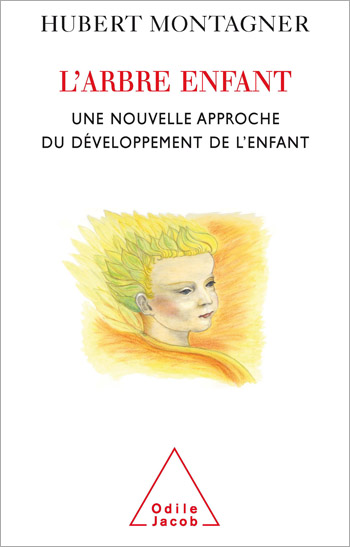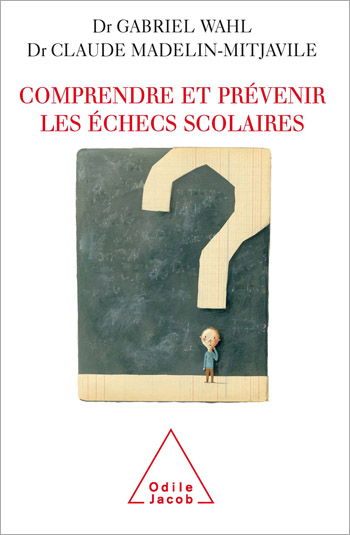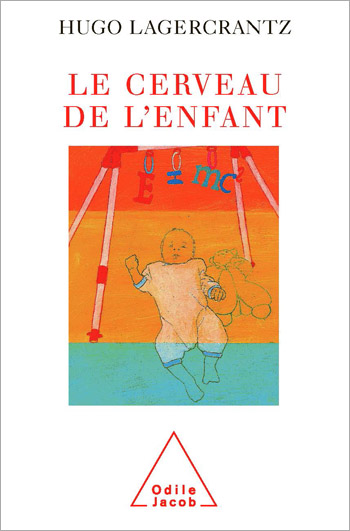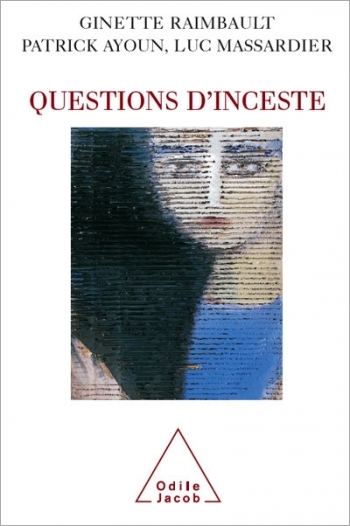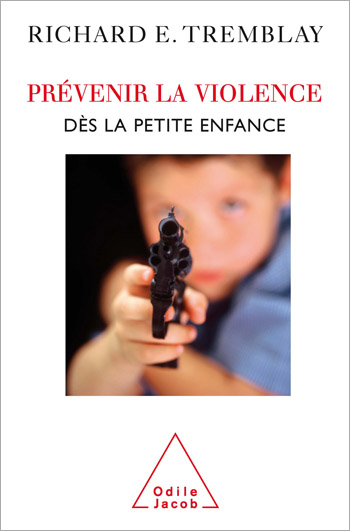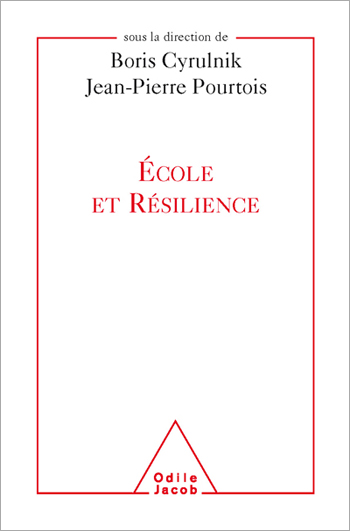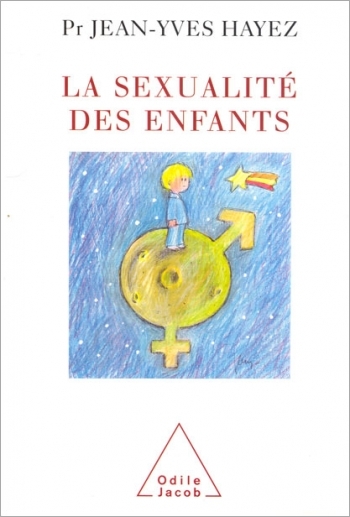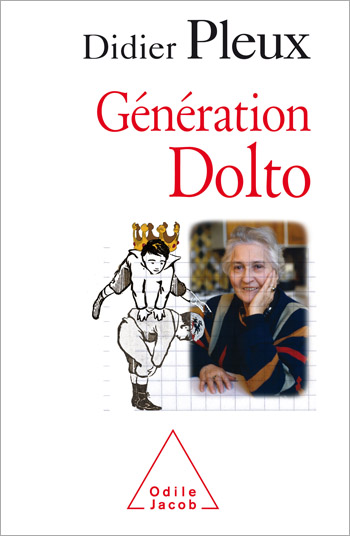Child development All books
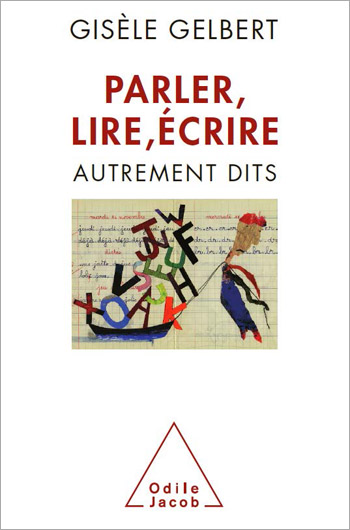
Gisèle Gelbert
Speaking, Reading, Writing In Other Words
A completely original approach to aphasic language disorders...
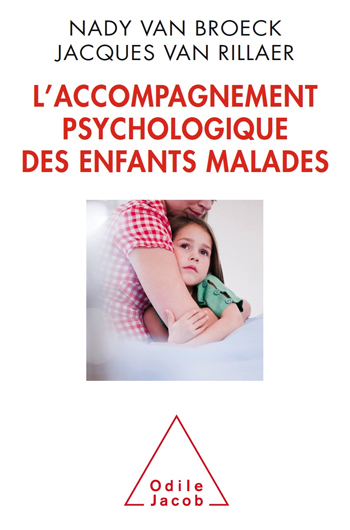
Nady Van Broeck, Jacques Van Rillaer
Giving Psychological Support to Seriously Ill Children
An indispensable book to enable parents and caregivers to help children overcome the challenge of serious illness
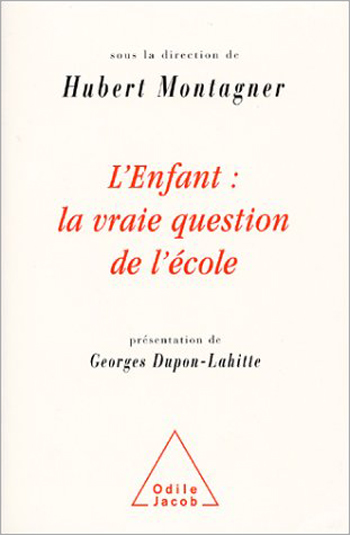
Hubert Montagner
The Child : The Real Question of Education
This ambitious work aims to provide a comprehensive view of the mechanisms, processes, influences, factors, and past and present events that may keep children from constructing, structuring or mobilising their abilities in an academic environment, and from acquiring new abilities and successfully constructing the required learning skills. In the struggle against academic failure, the main tool is understanding the child better. In order to do this, it is essential to base educational practice on the most recent knowledge.
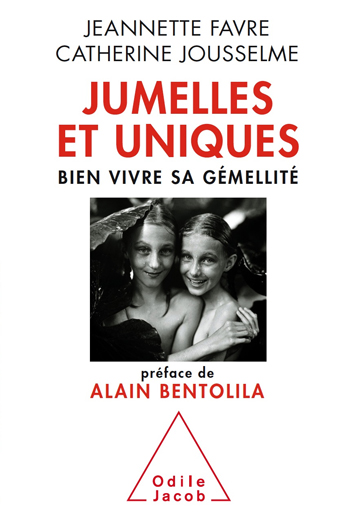
Jeannette Favre, Catherine Jousselme
A Twin and Unique Enjoying Being a Twin
This unusual testimonial will support and assist anyone who is closely or more distantly concerned with twins and twin births
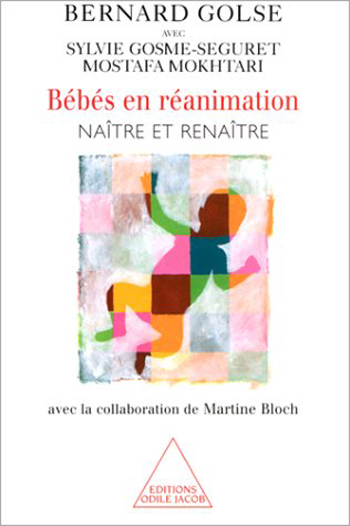
Bernard Golse, Sylvie Gosme-Seguret, Mostafa Mokhtari
Babies in Intensive Care Born and Reborn (with the collaboration of Martine Bloch)
Today, about 10% of all infants spend at least some time in an intensive care unit immediately after birth. This means that a significant number of babies begin their lives in a highly technical, medical environment, far from a home and family environment. How are these children affected by such early medical treatment? What is the impact on their psychic growth and development, and how can it be limited ? A child psychiatrist and psychoanalyst, Bernard Golse heads the child psychiatry department at the Hôpital Saint Vincent de Paul, in Paris. He teaches child and adolescent psychiatry at the University of Paris V.
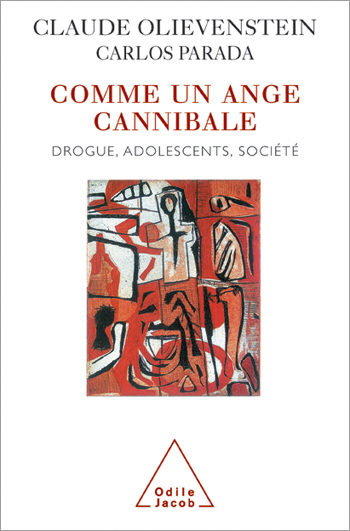
Claude Olievenstein, Carlos Parada
Like A Cannibalistic Angel Drugs, Adolescents and Society
Does it make sense to place hallucinogens and hard drugs in the same category and to regard them all as addictive? Should tobacco and alcohol be put on the same plane as heroin, cocaine and crack ? With the assistance of Carlos Parada, his collaborator at the Centre Médical de Marmottan, Claude Olievenstein offers the reader his latest thoughts and ideas on the highly distinctive world of substance abusers, which is characterised by pleasure, withdrawal, the need for warmth and haste and, above all, by instability and chaos. Claude Olievenstein is the head doctor at the Centre Médical de Marmottan, in Paris, and a senior research fellow at the University of Lyon-II. Carlos Parada, a physician specialising in drug addiction, works at the Centre Médical de Marmottan.
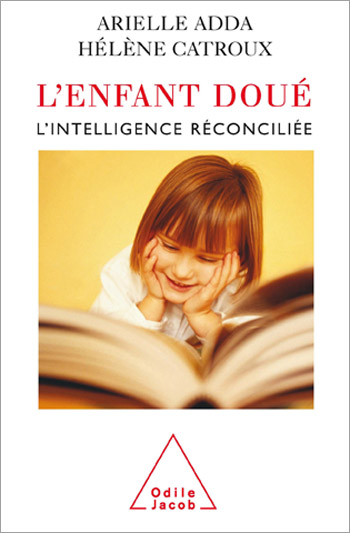
Arielle Adda, Hélène Catroux
The Gifted Child Reconciling Intelligence
Exceptionally gifted, gifted and intellectually precocious children make up as much as 5 % of any given age group. Yet they often seek failure, both at school and in their personal lives, because they suffer from being different from other children. This book is addressed to the parents and teachers of gifted children. Besides reviewing the current state of knowledge on the subject, it explains how such children can be taught to manage their potential and to overcome their excessive sensitivity and weaknesses. Arielle Adda is a psychologist. Hélène Catroux is an educational psychologist.

René Soulayrol
The Stricken Child Understanding the epileptic child
Do epileptic seizures occur completely out of the blue? Or is there an underlying cause? How do epileptic children live with their bodies on a day-to-day basis? Can epilepsy result in the impairment of the childs intelligence? What are the links between epilepsy and neuroses or psychoses? This book springs from an attempt to understand the psychological behaviour of the epileptic child, and the efforts that the child must make in order to adapt and continue to live as normal a life as possible, in spite of the disease. René Soulayrol teaches child psychology in the Faculté de Medécine, in Marseille.

